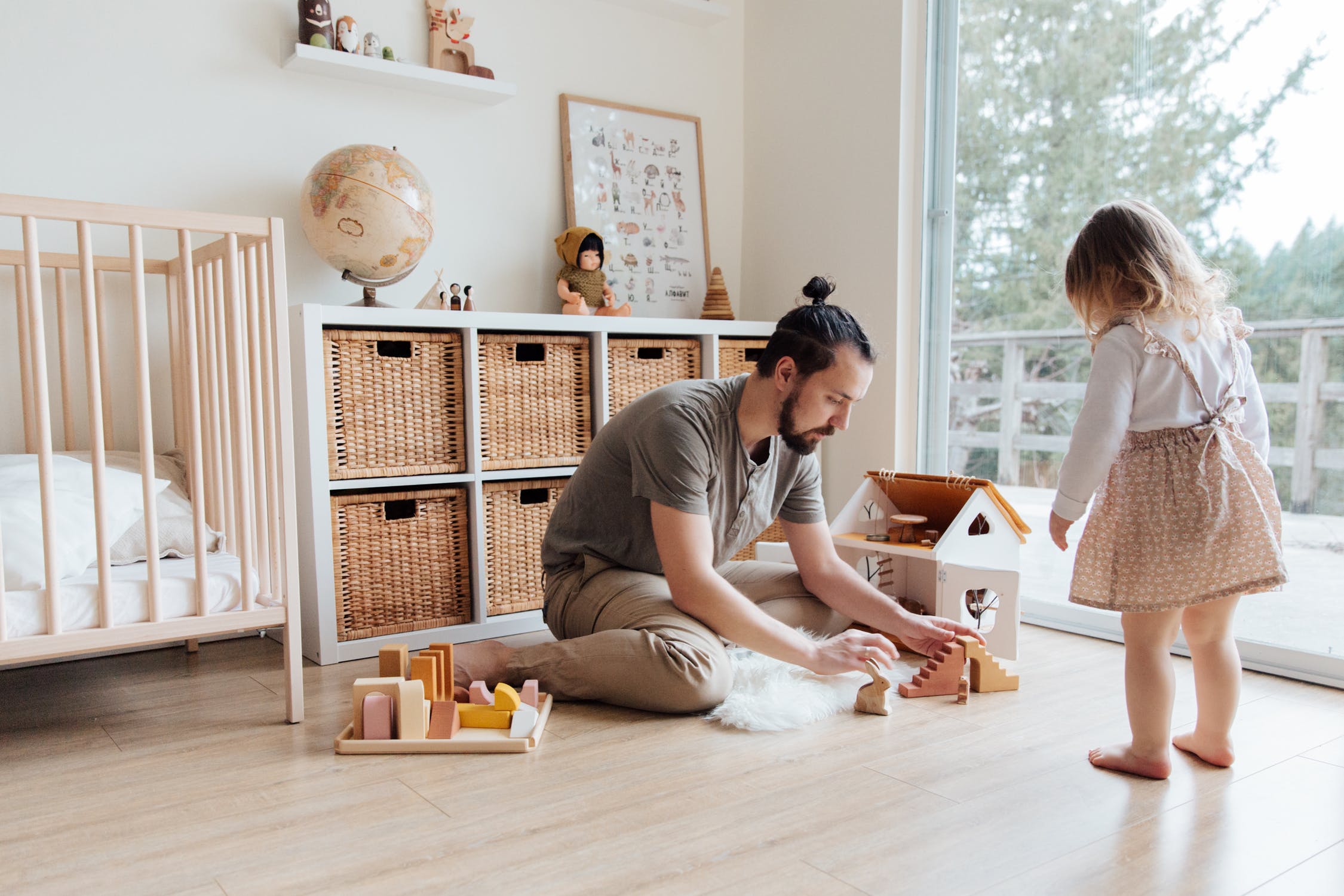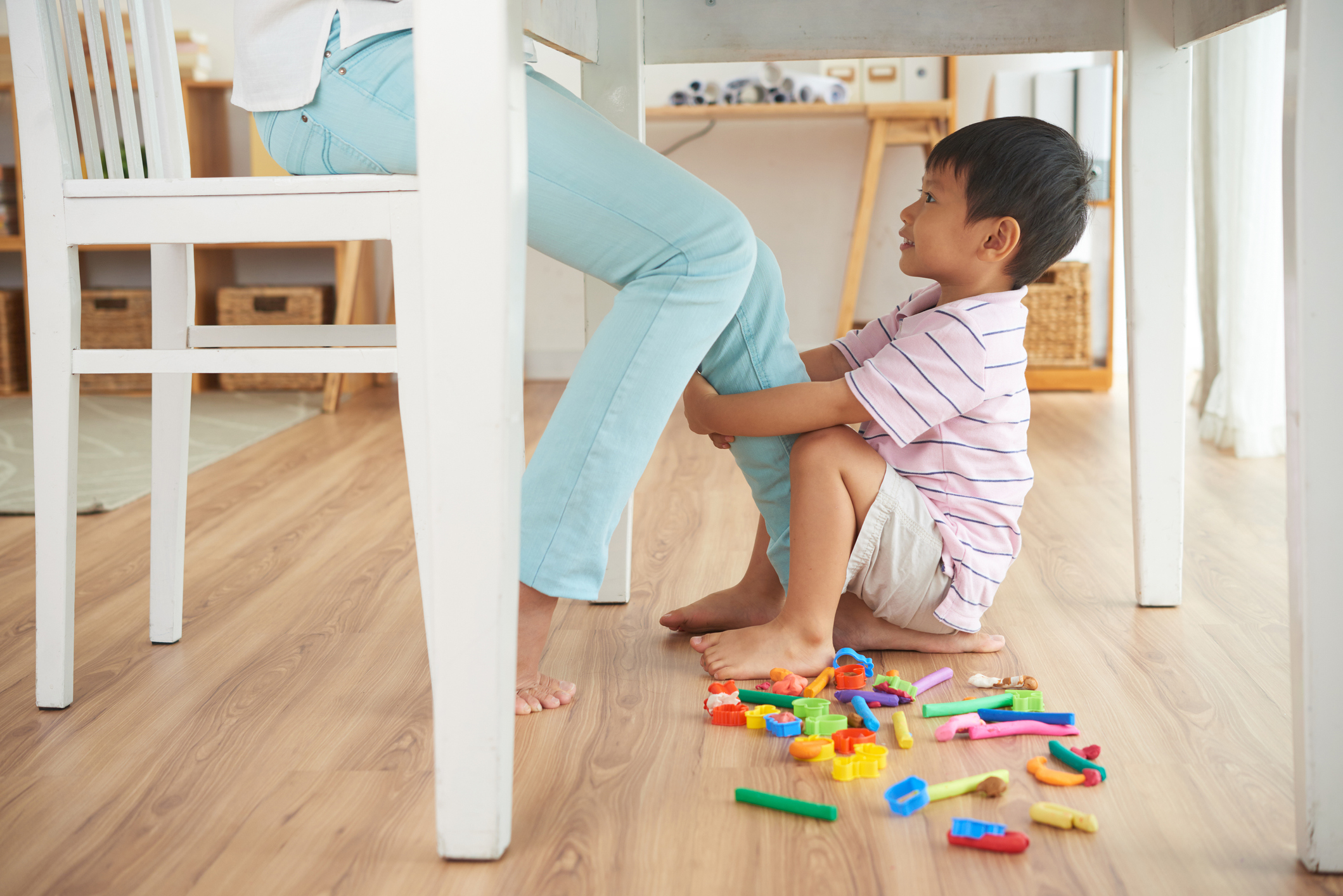
As a counselor for teenagers, I see and hear a lot of stuff. But I bet you wouldn’t be able to guess what my most memorable and favorite sessions look like. I should say first that I truly love all of my clients and it is an honor and privilege to work with each one of them. But there are a few sessions that stick out to me the most and they all start the same way: without the teenager.
What usually happens is, the parent walks into the office alone because they couldn’t get their teenager to get out of the car. And I love it. Why? Because then I am able to meet teenagers exactly where they are and when they least expect it. I go to the car, talk through the window if the car is locked, or, if I am lucky enough, sit in the car with them and say, “I get it. I wouldn’t want to be here either.” Meaning, I get the chance to empathize with these patients before doing anything else. And just starting there allows us a powerful way to connect. As a result, I can get them out of the car and into the office within the first hour.
It didn’t always go this way. And this response to empathize hasn’t always been my go-to. I was actually a horrible babysitter growing up, because when the kids were expressing feelings I didn’t get my first responses were less-than-helpful phrases like, “Calm down,” “Get over it,” or “It’s not that big of a deal.”
The thing is, even if I was right—they should calm down, get over it and it isn’t that big of a deal—these responses, though logical, weren’t helpful.
The problem is, a logical response is not what our brains need in the midst of an emotional low. And this is especially true for teenagers in middle school or high school. In these phases, adolescent brains are actually functioning far different from an adult brain. We know that the brain takes about 25 years to become fully developed. Meaning, a 12-year-old brain, and a 25-year-old brain are not the same and function very differently from each other. And that means brain development and emotional management are learned processes and not singular events. They are an ongoing process.
During those growing years, the emotional part of our brain, called the amygdala, is ULTRA sensitive. In other words, it’s super reactive. As a parent, this probably comes as no surprise. You’ve witnessed it in real-time with your own teenagers! But because of this, teenagers will interpret and experience events more intensely. To add to the fun, the part of our brains responsible for logical reasoning, called the prefrontal cortex, is still working on those neural connections to the amygdala in order to be efficient and effective. So, the prefrontal cortex works at a slower pace. And all of that basically means our teenagers are hardwired at this point in their development to react more emotionally and less logically to any given situation. Not only is it normal, but it’s also natural.
So, what do we do in the meantime? How do we parent kids through this development?
Expect intensity.
In intense situations, the brain’s response will automatically want to fight, flight, or freeze. You’ve probably experienced this in your own family.
- In the fight mindset, people run toward conflict in attempt to win.
- In the flight mindset, people run away from conflict to avoid it altogether.
- In the freeze mindset, people become stagnant and passive. They can appear to be listening to the other person but not sharing their own opinions.
Depending on your kid’s personality and environment, these responses will come out with force. Whether a teenager completely shuts down, becomes angry, or isolates him/herself, this will come out with passion because of where their brain is functioning from in the moment.
In order for the brain to “calm down,” it needs to feel safe.
When there is felt safety, the amygdala (the emotional center) will begin to ease up. So how you do help your teenager feel safe? By showing empathy. Accept and validate where your kid is with understanding. (And remember that understanding doesn’t have to mean agreeing. Understanding makes the other person feel heard, and whether or not we agree with them, we can at least hear them). Respond in a way that allows them to be glad they opened up. In the future, they will remember this response from you and know you are a safe person to process with—which will make those late-night conversations go much smoother as you open up a space for future and deeper issues.
Do not fix.
Why? They won’t hear it yet. “In one ear and out the other” is a real thing when it comes to managing emotions. When we have a logical response to intense emotions, it’s like communicating in different languages. When the brain is responded to and cared for emotionally (the current language it is speaking), then the brain will feel safe to slow down and think rationally. Then you teenager may be open to a “fix”. But not until their emotions feel validates. If we try to fix to early we will literally not be heard.
Work smarter, not harder.
Everyone wants to be comforted differently, and some ways work better than others. Find out what is most meaningful to your teen by identifying their top two love languages and starting there. (Do they respond to encouraging words? A hug or back rub? A gift of sort? Something done for them?) This also shows them that you are intentionally thinking of their needs in a thoughtful way, which will become helpful in gaining trust and giving advice at a later time.
Parents, your heart and instinct to help is necessary and what makes you an effective and good parent. But learning how to love them best in the appropriate ways that match their needs and development will make you even better. The tips above are essential in beginning to understand your teen and will gain their trust so they can actually hear your advice when you do give it.
One last thing. When using these techniques, one of the most important things to do is apply them to yourself as well. You need to give yourself empathy and understanding before you try to give those things to someone else. Why? Because we’re human, and none of this comes naturally. Give yourself grace just like you work to give to your teen. You are doing a great job, and your willingness to continue to want to grow and learn new skills to relate to your teenager is proof of that.




